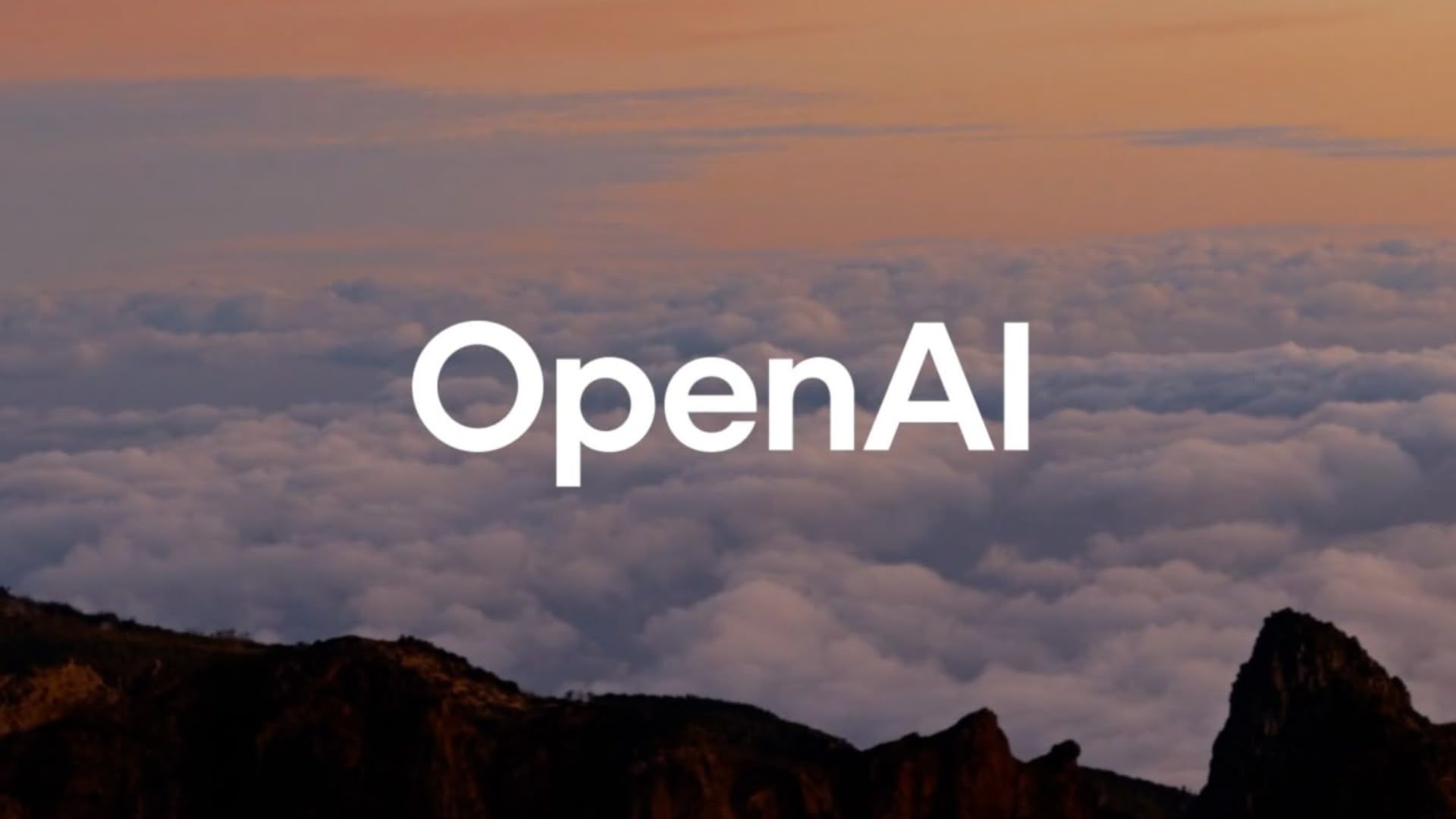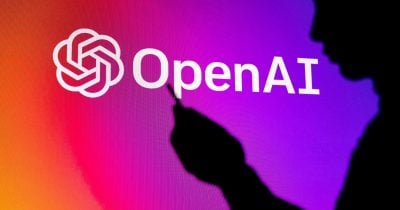AI News Q1 2025: Transforming Society or Facing Limits? Trends, Projects, and Future Innovations
Abstract This article provides a comprehensive deep dive into the Q1 2025 AI landscape. We explore the dual nature of artificial intelligence as a transformative societal force versus a technology facing significant technical and ethical limits. By covering key trends like creative AI in Hollywood, machine learning breakthroughs, retail personalization trends, and ethical AI debates, this post explains how AI is reshaping industries while contending with hardware shortages and regulatory challenges. With historical context, clear definitions, technical insights, and practical use cases, readers will gain an informed perspective on current AI news, future opportunities, and the interplay of blockchain integration, ethical debates, and innovative projects in AI and machine learning. Introduction The first quarter of 2025 has witnessed an electrifying wave of developments in artificial intelligence, with headlines that range from cinematic creativity powered by AI to new machine learning breakthroughs revolutionizing retail and defense sectors. This post, heavily inspired by the Original Article on AI News Q1 2025, takes a closer look at whether AI is transforming society or encountering significant limits. As the world becomes increasingly intertwined with AI technologies, understanding both the benefits and challenges of this rapidly evolving landscape is crucial for industry professionals, policymakers, and enthusiasts alike. Background and Context In recent years, AI news Q1 2025 has underscored the remarkable pace of innovation. The technology, encompassing machine learning (ML), deep neural networks, and advanced reasoning models, has extended its impact far beyond data processing to creative sectors, commercial retail, defense, and healthcare. Historically, artificial intelligence has evolved from rule-based systems to data-driven models capable of learning from vast quantities of data. Over time, breakthroughs in machine learning news Q1 2025 have led to the development of next-generation models such as Google Gemini 2.5, which boasts improved decision-making capabilities. At the same time, ethical debates have intensified as transformations in creative industries, such as Hollywood film production, raise questions about job displacement and data privacy. The global AI ecosystem now features a mix of public and private initiatives. Regulatory bodies, like the EU with its Regulatory Framework for AI, are trying to keep up with rapid technological advancements. Meanwhile, public entities in the UK, exemplified by the AI Accelerator program on GOV.UK, are preparing the workforce for an AI-focused future. The intersection of AI with blockchain—highlighted in resources such as Blockchain and Cybersecurity—underscores the emerging trend of securing sensitive AI systems using decentralized technologies. Core Concepts and Features The Q1 2025 AI landscape is multifaceted, with projects, trends, and regulatory developments shaping the future. Here are some of the core concepts and features: AI Transformation in Various Sectors Creative AI: Hollywood now leverages AI tools to craft visually stunning films, blending human emotion with machine precision. This transformation not only changes how films are made but also sparks debates about the role of AI in creative fields. Retail AI: Platforms like Amazon have introduced AI-powered shopping assistants through features such as “Interests” that analyze user behavior in real time. This means personalized retail experiences that are driving commercial growth. Healthcare AI: Advanced algorithms improve diagnostic speed and accuracy. With projects like Apple Health AI planning to offer an "AI doctor" service on iOS 19, access to medical insights is faster and more democratized. Military AI: Innovative yet controversial projects, such as North Korea’s AI drone tests, raise global security concerns while illustrating how AI can be repurposed for defense. Ethical and Hardware Constraints Ethical Debates: The growing adoption of AI in various sectors has led to increasing scrutiny. With predictions from influential figures like Bill Gates forecasting major job disruption, ethical debates are central to balancing innovation with social impact. Hardware Limitations: Chip shortages and GPU strain remain significant bottlenecks. Companies like Nvidia are feeling the pressure as demand surges, which may limit the pace of AI deployment despite technological breakthroughs. Advanced Reasoning Models and Machine Learning Breakthroughs Google Gemini 2.5: This project represents next-gen reasoning models that enhance decision-making processes. Mistral OCR and Voice AI: Other breakthroughs include machine learning systems for text recognition and advancements in voice technologies by companies like SoundHound. Blockchain Integration: Blockchain is playing a key role in securing AI system
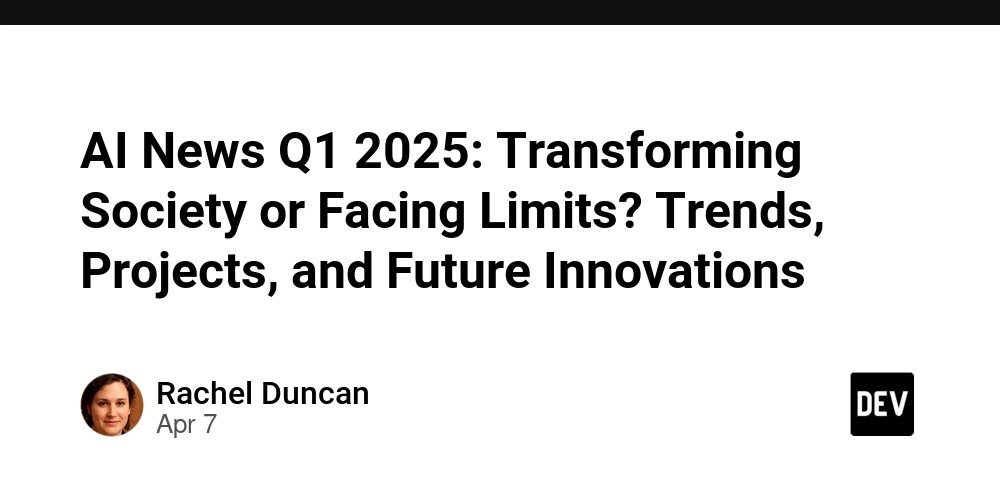
Abstract
This article provides a comprehensive deep dive into the Q1 2025 AI landscape. We explore the dual nature of artificial intelligence as a transformative societal force versus a technology facing significant technical and ethical limits. By covering key trends like creative AI in Hollywood, machine learning breakthroughs, retail personalization trends, and ethical AI debates, this post explains how AI is reshaping industries while contending with hardware shortages and regulatory challenges. With historical context, clear definitions, technical insights, and practical use cases, readers will gain an informed perspective on current AI news, future opportunities, and the interplay of blockchain integration, ethical debates, and innovative projects in AI and machine learning.
Introduction
The first quarter of 2025 has witnessed an electrifying wave of developments in artificial intelligence, with headlines that range from cinematic creativity powered by AI to new machine learning breakthroughs revolutionizing retail and defense sectors. This post, heavily inspired by the Original Article on AI News Q1 2025, takes a closer look at whether AI is transforming society or encountering significant limits. As the world becomes increasingly intertwined with AI technologies, understanding both the benefits and challenges of this rapidly evolving landscape is crucial for industry professionals, policymakers, and enthusiasts alike.
Background and Context
In recent years, AI news Q1 2025 has underscored the remarkable pace of innovation. The technology, encompassing machine learning (ML), deep neural networks, and advanced reasoning models, has extended its impact far beyond data processing to creative sectors, commercial retail, defense, and healthcare.
Historically, artificial intelligence has evolved from rule-based systems to data-driven models capable of learning from vast quantities of data. Over time, breakthroughs in machine learning news Q1 2025 have led to the development of next-generation models such as Google Gemini 2.5, which boasts improved decision-making capabilities. At the same time, ethical debates have intensified as transformations in creative industries, such as Hollywood film production, raise questions about job displacement and data privacy.
The global AI ecosystem now features a mix of public and private initiatives. Regulatory bodies, like the EU with its Regulatory Framework for AI, are trying to keep up with rapid technological advancements. Meanwhile, public entities in the UK, exemplified by the AI Accelerator program on GOV.UK, are preparing the workforce for an AI-focused future. The intersection of AI with blockchain—highlighted in resources such as Blockchain and Cybersecurity—underscores the emerging trend of securing sensitive AI systems using decentralized technologies.
Core Concepts and Features
The Q1 2025 AI landscape is multifaceted, with projects, trends, and regulatory developments shaping the future. Here are some of the core concepts and features:
AI Transformation in Various Sectors
- Creative AI: Hollywood now leverages AI tools to craft visually stunning films, blending human emotion with machine precision. This transformation not only changes how films are made but also sparks debates about the role of AI in creative fields.
- Retail AI: Platforms like Amazon have introduced AI-powered shopping assistants through features such as “Interests” that analyze user behavior in real time. This means personalized retail experiences that are driving commercial growth.
- Healthcare AI: Advanced algorithms improve diagnostic speed and accuracy. With projects like Apple Health AI planning to offer an "AI doctor" service on iOS 19, access to medical insights is faster and more democratized.
- Military AI: Innovative yet controversial projects, such as North Korea’s AI drone tests, raise global security concerns while illustrating how AI can be repurposed for defense.
Ethical and Hardware Constraints
- Ethical Debates: The growing adoption of AI in various sectors has led to increasing scrutiny. With predictions from influential figures like Bill Gates forecasting major job disruption, ethical debates are central to balancing innovation with social impact.
- Hardware Limitations: Chip shortages and GPU strain remain significant bottlenecks. Companies like Nvidia are feeling the pressure as demand surges, which may limit the pace of AI deployment despite technological breakthroughs.
Advanced Reasoning Models and Machine Learning Breakthroughs
- Google Gemini 2.5: This project represents next-gen reasoning models that enhance decision-making processes.
- Mistral OCR and Voice AI: Other breakthroughs include machine learning systems for text recognition and advancements in voice technologies by companies like SoundHound.
- Blockchain Integration: Blockchain is playing a key role in securing AI systems and creating transparent frameworks, as discussed in sources like Blockchain and Cybersecurity.
Table: Key AI Projects in Q1 2025
| Project Name | Focus | Key Feature | Impact | Source |
|---|---|---|---|---|
| Gemini 2.5 | Advanced Reasoning AI | Next-gen decision models | Enhanced decision-making | Original Article |
| Amazon Interests | Retail AI | Personalized shopping assistance | Boosts customer engagement | About Amazon |
| North Korea AI Drones | Military AI | AI-equipped drone tests | Raises security concerns | — |
| Apple Health AI | Health AI | AI doctor services on iOS 19 | Expands healthcare access | — |
| SoundHound Voice AI | Voice AI | Enhanced in-car infotainment systems | Advances voice technology | SoundHound |
Table Note: This table illustrates a snapshot of key projects leading the Q1 2025 AI innovation cycle.
Applications and Use Cases
AI is no longer confined to laboratories and tech giants. Its impact has reached various sectors, and here are some practical applications:
Entertainment and Creative Industries:
Example: Hollywood’s integration of AI tools is redefining movie production. Filmmakers use automated systems to generate complex visual effects, reducing cost and time, while creative professionals retain oversight for ensuring narrative authenticity. This blending of machine precision and human artistry is a prime example of creative AI's transformative potential.Retail Personalization:
Example: Amazon’s AI Interests feature customizes product recommendations based on user behavior. By analyzing purchase histories and browsing patterns, the platform delivers a tailored shopping experience, driving both customer satisfaction and sales growth. This application is a key illustration of machine learning news Q1 2025 driving retail innovation.Public Sector and Healthcare:
Example: The UK’s AI Accelerator program is designed to upskill government workers. By incorporating AI training into civil services, public sectors become more agile and better equipped for digital transformation. Meanwhile, AI health projects, such as Apple Health AI, leverage advanced algorithms to reduce diagnostic time in medical facilities. These cases underscore the versatility of AI applications in improving public service delivery and healthcare outcomes.
Bullet List of Practical Use Cases:
- Creative Industries: AI-generated film visuals and digital art.
- Retail: Personalized shopping assistants that improve customer engagement.
- Public Services: Upskilling government employees with AI training.
- Healthcare: Faster and more accurate diagnostic tools.
- Defense: Development of AI-enabled surveillance and security systems.
Challenges and Limitations
Despite its promising outlook and transformative effects, AI in Q1 2025 faces several challenges:
Technical Constraints
Hardware Shortages:
The surge for AI computation demands has led to significant hardware constraints. GPU shortages and chip supply limitations have been noted by industry leaders, creating a bottleneck for scaling AI applications.Data Integrity and Security:
Ensuring data integrity when using AI is a significant challenge. Ethical concerns regarding data privacy are compounded by vulnerabilities in AI systems, where hackers may exploit weaknesses. Blockchain technology is emerging as a potential solution for some of these issues. For example, initiatives like Blockchain and Cybersecurity aim to create secure, decentralized frameworks.
Economic and Ethical Considerations
Job Displacement:
While AI promises efficiency, there is growing concern about job displacement. Predictions by Bill Gates suggest that AI might replace roles in traditionally human-centric professions such as healthcare and education within a decade. This dual-edged impact necessitates responsible regulation and workforce reskilling.Regulatory Uncertainty:
The evolving regulatory landscape adds another layer of complexity. With the European Commission and other bodies implementing acts like the EU AI Act, there is an ongoing debate about balancing innovation with consumer protection. Globally, other governments, including those in the U.S. and China, are adjusting their frameworks, which could affect market growth.Ethical Use of AI in Military Applications:
Projects like North Korea’s AI-enabled drones highlight how AI can be repurposed for controversial military applications. These raise concerns on the ethical implications and the risk of an AI arms race.
Adoption Barriers
Technical adoption challenges remain due to the need for robust infrastructure and specialized talent. Not only do companies face supply chain disruptions for hardware, but ethical guidelines and legal frameworks are also lagging behind technological advancements.
Future Outlook and Innovations
Looking ahead to Q2 2025 and beyond, several trends and innovations are poised to shape the next phases of AI development:
Enhanced Ethical Frameworks:
Global discussions on ethical AI are intensifying. Institutions like MIT News and thought leaders such as Fei-Fei Li from Stanford HAI predict that clear and transparent ethical frameworks will guide AI’s evolution in the coming months, ensuring fairness and accountability.Resolving Hardware Constraints:
As demand soars, efforts to streamline semiconductor production and manage GPU supply chains are underway. Major players in the AI field are investing in research to overcome the hardware shortage bottleneck.Synergy with Blockchain Technology:
The integration of blockchain and AI will likely gain momentum, securing data and streamlining transactions in decentralized environments. New funding models for open-source projects, as described on Dev.to, further underpin these trends.Growing Public Sector Adoption:
Governments worldwide are ramping up investment in AI-driven public services. Programs like the UK’s AI Accelerator are early markers of this shift, making digital government services more efficient and accessible.Continued Innovations in Machine Learning:
With advances in reasoning models (Google Gemini 2.5) and breakthroughs in OCR, voice recognition, and robotics (e.g., Tesla Optimus Robot and Meta AI Glasses), the next quarter promises further convergence of AI with everyday services. This will create more seamless and adaptive systems that not only drive economic growth but also redefine consumer experiences.
Summary
In summary, AI News Q1 2025 presents a dynamic yet challenging picture of the future. On one side, the transformative impact of AI is clearly evident across creative industries, retail, healthcare, and public services. On the other side, technical constraints such as hardware shortages and ethical debates about job displacement and data privacy pose significant hurdles.
Key takeaways include:
- Transformative Impact: AI is already reshaping sectors like entertainment and retail, with examples ranging from Amazon’s personalized shopping to advanced film production tools.
- Technical and Ethical Challenges: Hardware shortages and ethical dilemmas continue to restrict AI deployment. However, adopting blockchain solutions and responsible regulatory measures can help manage these challenges.
- Future Innovations: With evolving ethical frameworks, better semiconductor production, and stronger blockchain integration, the outlook for AI innovation remains promising.
For those interested in a holistic perspective on current trends and future directions, this post combines insights from industry giants, regulatory updates, and practical examples to paint a complete picture of AI’s rapidly evolving realm. As we move into Q2 2025, stakeholders—from tech professionals to policymakers—must navigate these exciting yet challenging frontiers to harness AI’s potential responsibly.
Additional Resources and Insights
For further reading on related developments, consider exploring:
- About Amazon for insights on retail innovations.
- GOV.UK for government-led digital transformation initiatives.
- MIT News for in-depth research on AI ethics and innovations.
- Blockchain and Cybersecurity for understanding how blockchain can secure AI systems.
- Dev.to articles for community insights on decentralized finance and its interplay with AI.
Concluding Remarks
The journey of artificial intelligence in Q1 2025 is a testament to both its limitless potential and the pragmatic challenges it faces. By balancing innovation with ethical considerations and overcoming technical hurdles, the AI community is paving the way for a future where technology and society progress together. The convergence of AI, blockchain, and machine learning underscores that while the path may be fraught with challenges, the promise of a digitally enhanced world is within reach.
As we look forward to Q2 2025 and beyond, continuous innovation, robust regulation, and broad societal engagement will be key to unlocking the true potential of AI. This post has explored the multifaceted dimensions of this technological revolution, equipping you with a thorough understanding of where AI stands today and where it is headed tomorrow.
Stay tuned to this space for more updates on AI trends and developments—because the AI revolution is just getting started, and its future promises to be as exciting as it is transformative.
Keywords: AI news Q1 2025, machine learning news Q1 2025, creative AI, ethical AI, retail AI, public sector AI, blockchain and AI, AI transformation, AI limitations, digital innovation
By understanding these core themes and staying informed through reputable sources, you too can navigate how AI is reshaping the world around us. Enjoy exploring the AI revolution, and feel free to share your insights and questions in the comments below.























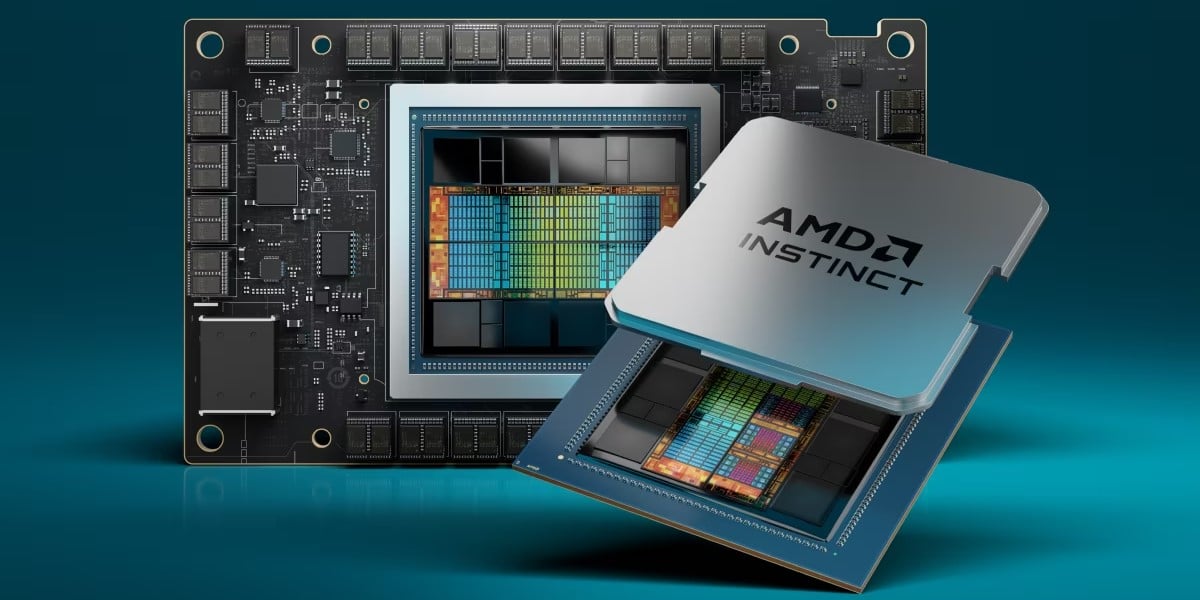


























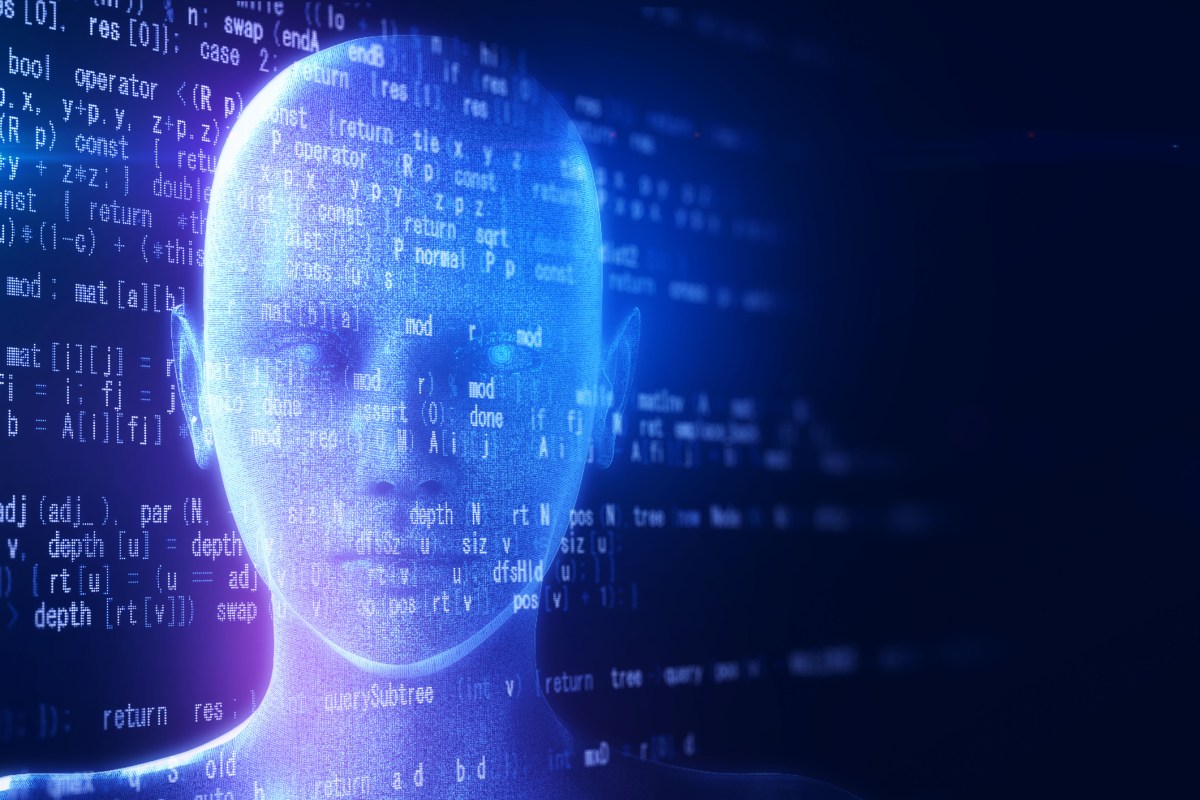























































































































![[The AI Show Episode 144]: ChatGPT’s New Memory, Shopify CEO’s Leaked “AI First” Memo, Google Cloud Next Releases, o3 and o4-mini Coming Soon & Llama 4’s Rocky Launch](https://www.marketingaiinstitute.com/hubfs/ep%20144%20cover.png)









































































































































































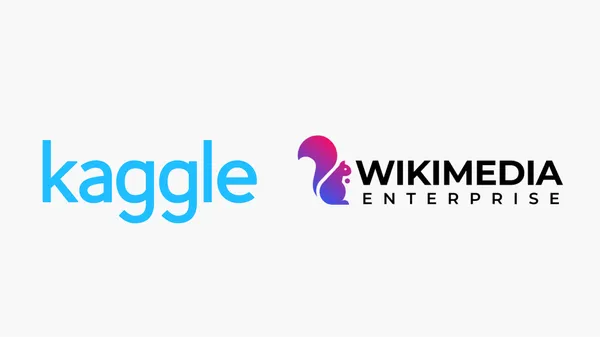


























![GrandChase tier list of the best characters available [April 2025]](https://media.pocketgamer.com/artwork/na-33057-1637756796/grandchase-ios-android-3rd-anniversary.jpg?#)












































.png?width=1920&height=1920&fit=bounds&quality=70&format=jpg&auto=webp#)









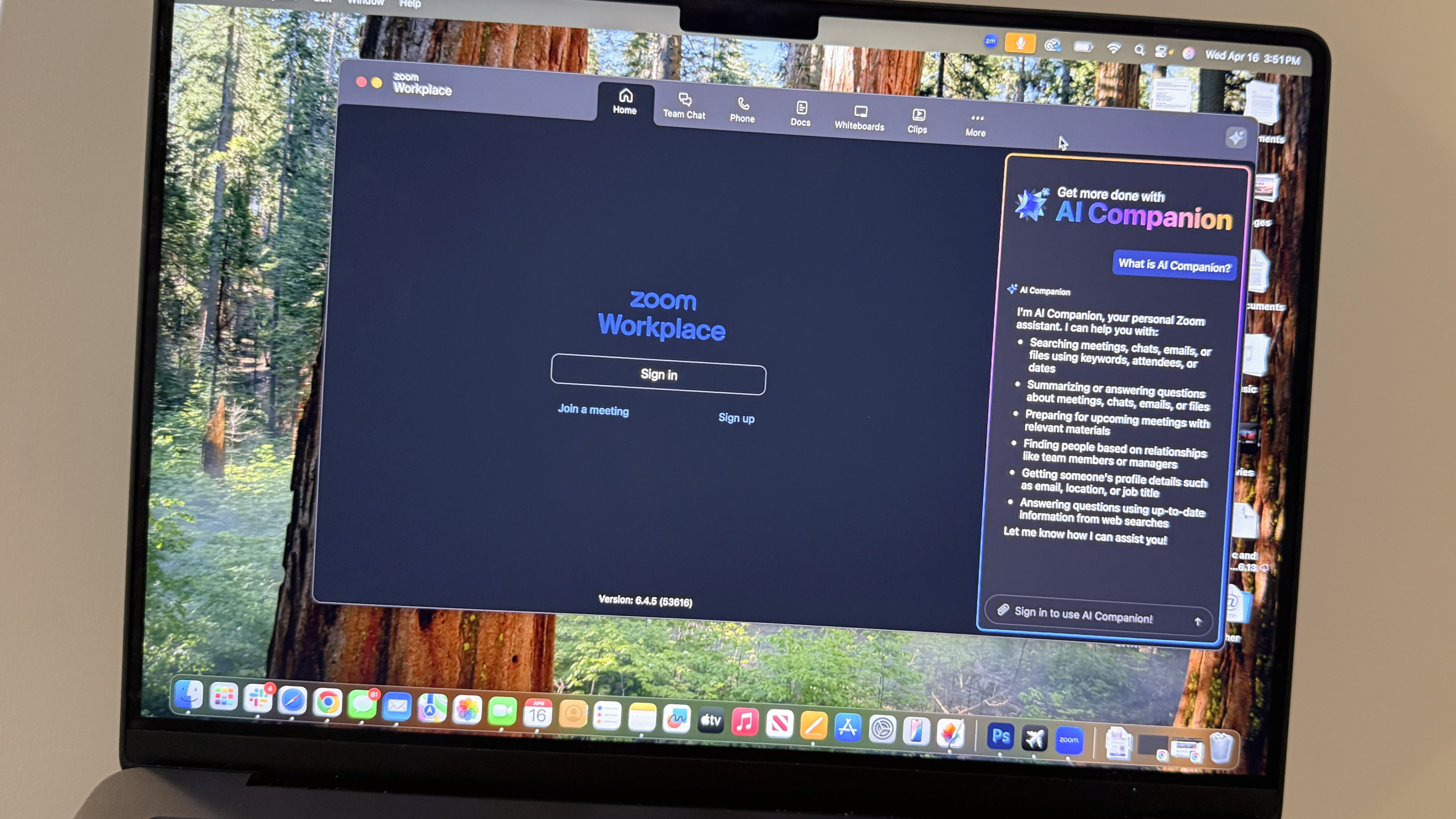

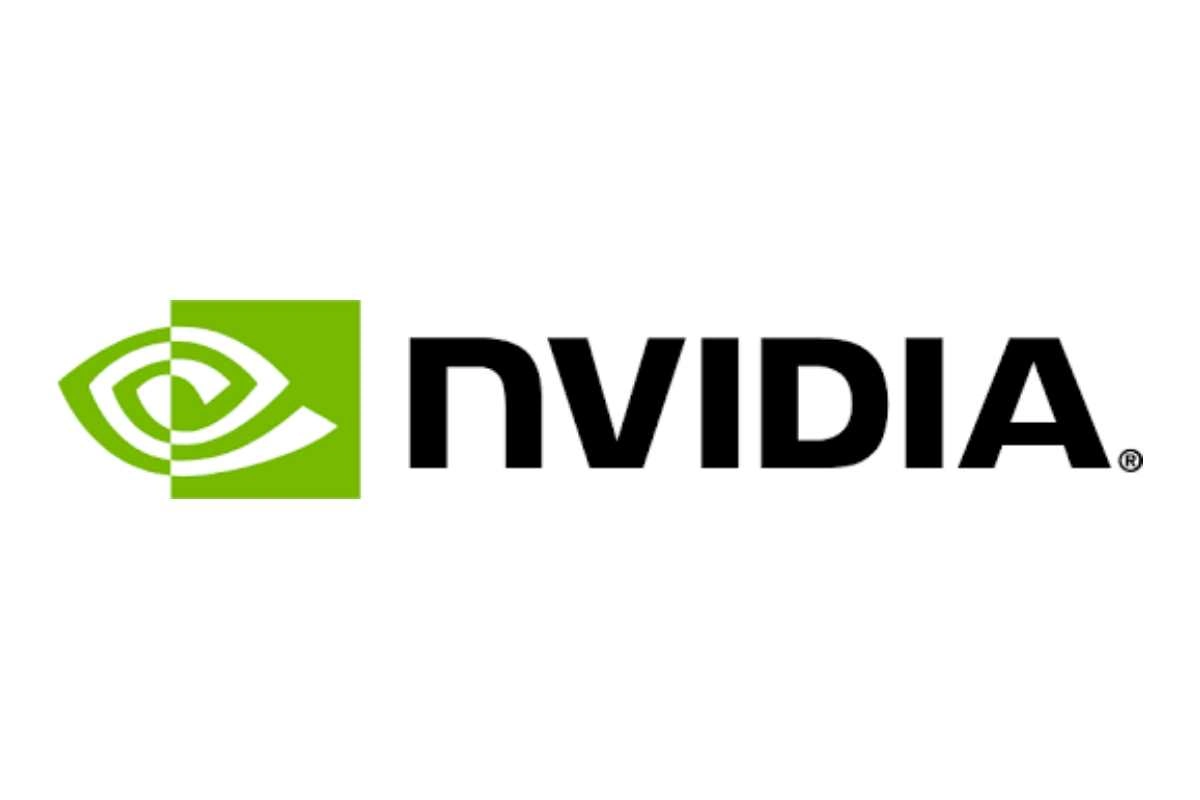
































































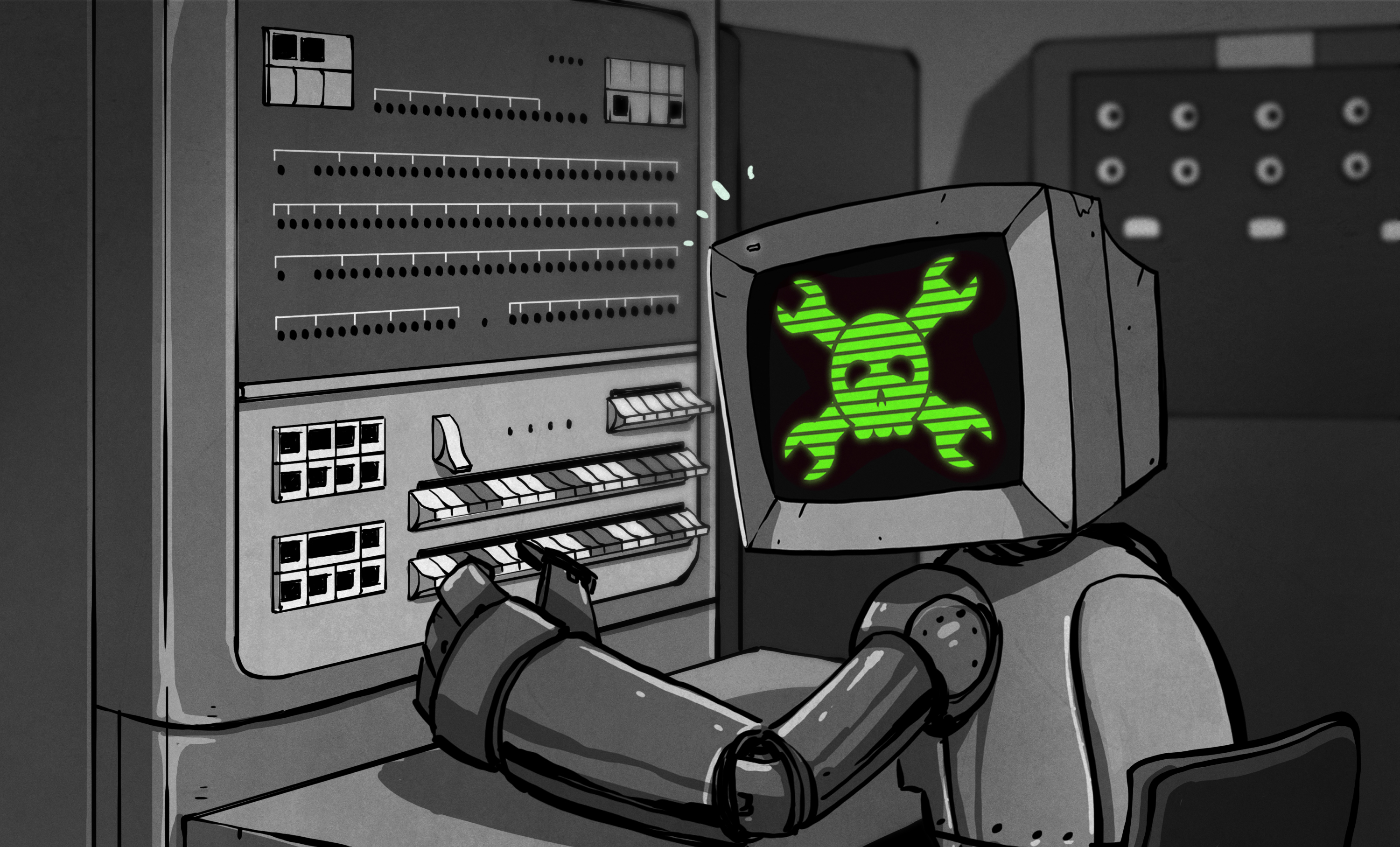























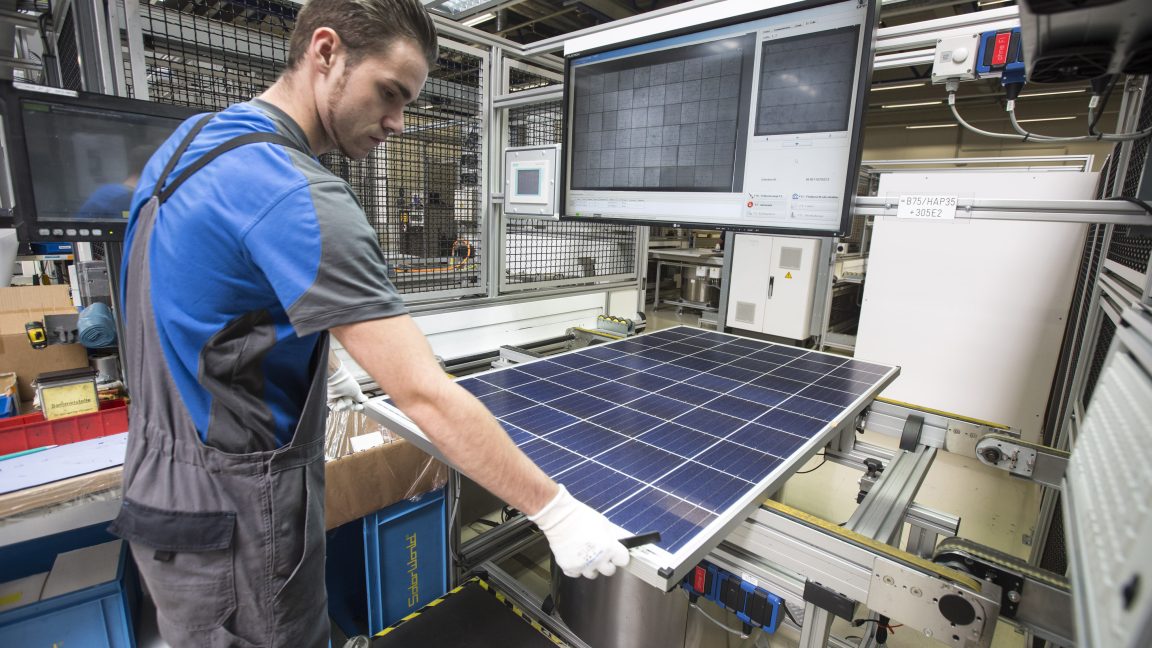


![Global security vulnerability database gets 11 more months of funding [u]](https://photos5.appleinsider.com/gallery/63338-131616-62453-129471-61060-125967-51013-100774-49862-97722-Malware-Image-xl-xl-xl-(1)-xl-xl.jpg)
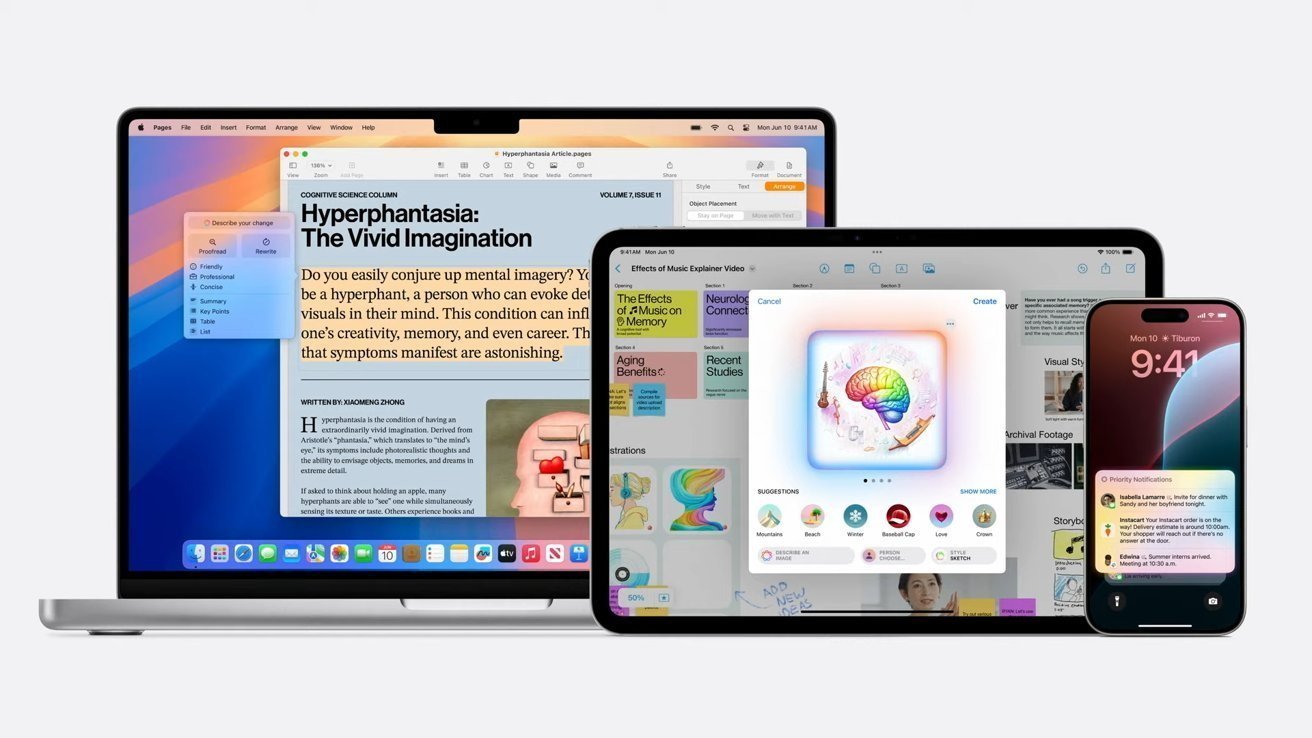

























![Apple Shares New 'Mac Does That' Ads for MacBook Pro [Video]](https://www.iclarified.com/images/news/97055/97055/97055-640.jpg)

![Apple Releases tvOS 18.4.1 for Apple TV [Download]](https://www.iclarified.com/images/news/97047/97047/97047-640.jpg)
![Apple Releases macOS Sequoia 15.4.1 [Download]](https://www.iclarified.com/images/news/97049/97049/97049-640.jpg)










































